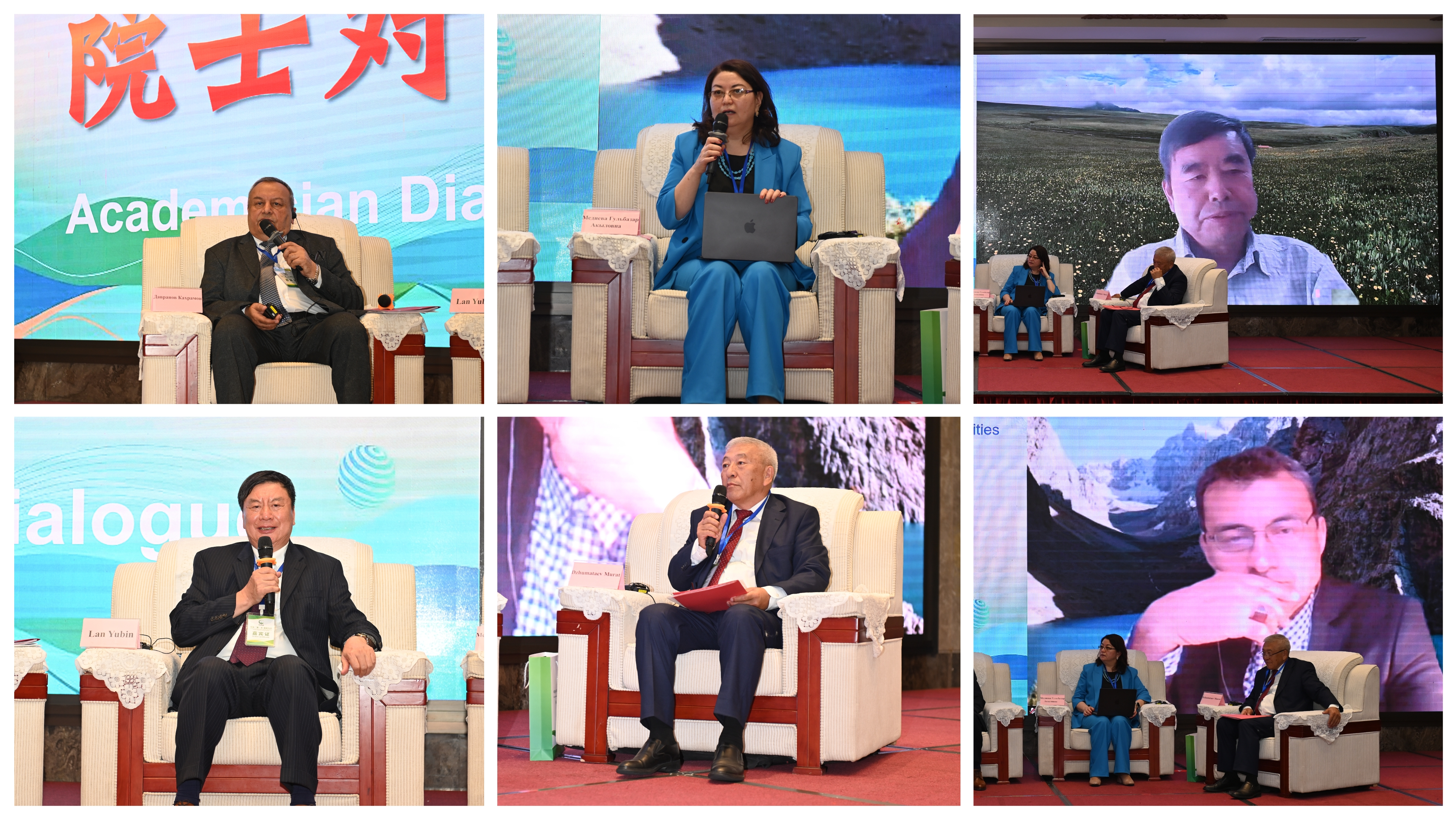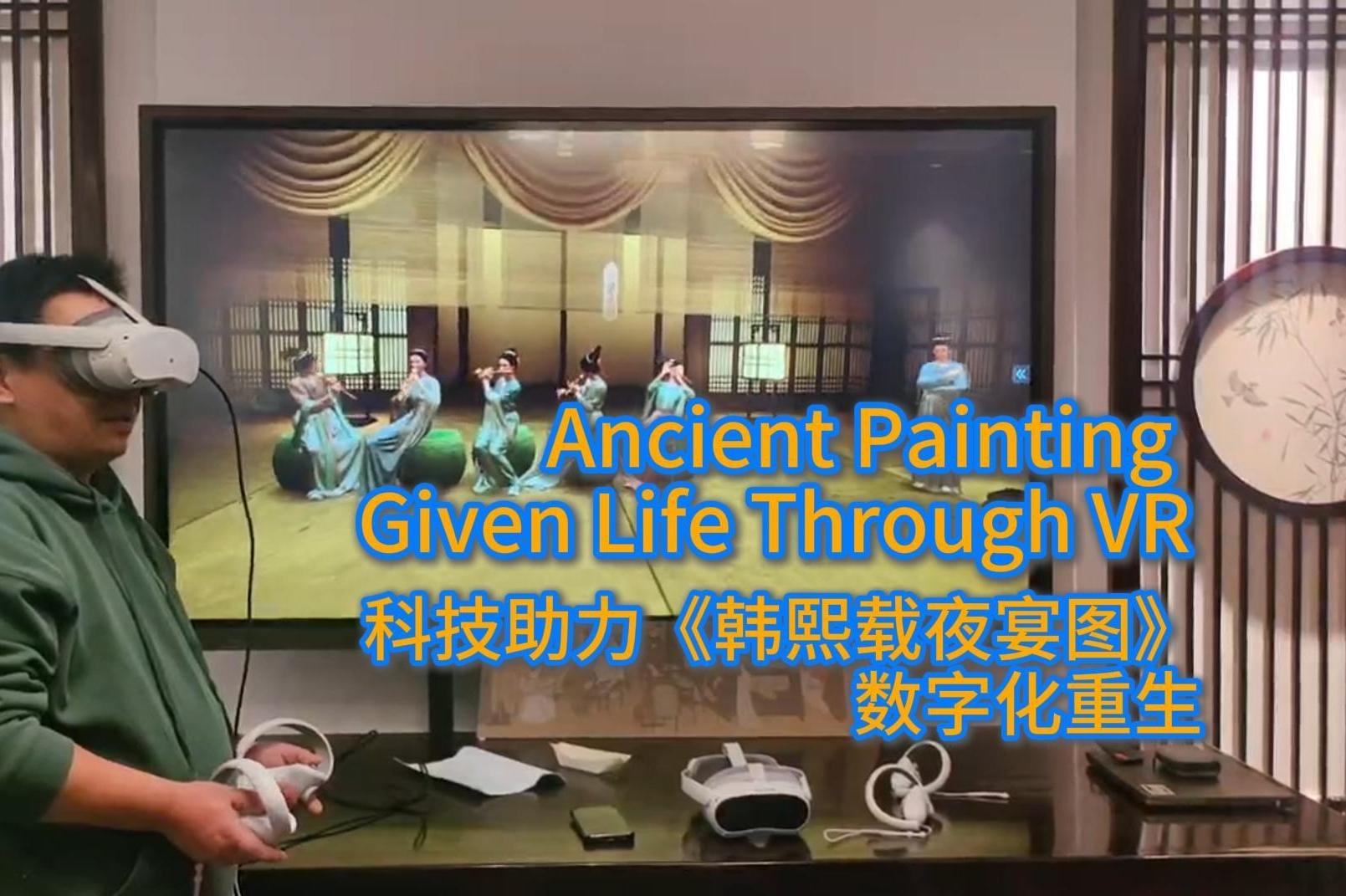Chinese Tech Helps Central Asia Tackle Water Scarcity

Agriculture is an important part of the comprehensive cooperation between China and Central Asian countries, as highlighted by the China-Central Asia Smart Agriculture Industry Technology Exchange Event in Jinan, Shandong province in east China, on October 15.
Yang Xuemei, deputy director-general of China Science and Technology Exchange Center, said that smart agriculture can help improve agricultural productivity, reduce resource consumption, protect the ecological environment, and is an inevitable trend of the world's agricultural development.
The cooperation between China and Central Asian countries in the field of smart agriculture can not only contribute to sharing of advanced agricultural technologies, but also promote the innovation of regional agricultural development, thereby empowering both sides to tackle common and urgent problems.
Due to climate change and mismanagement of water resources, the Aral Sea in Central Asia, the third largest lake in the world, has shrunk dramatically over the past six decades and is now on the verge of drying up. Many environmental and social problems resulting from the drying of the Aral Sea, such as desertification, salinization and impoverishment, have become international concerns.
Since Central Asia is a close neighbor of China, and also the core of the Silk Road Economic Belt and the New Eurasian Land Bridge, China's experience in combating desertification can offer a solution.
"We can apply China's experience in the prevention and treatment of desertification and salinization, as well as the concept of integrated river basin management for rational use and conservation, protection and management as well as local ecological governance to help Central Asia safeguard the ecological security of the Aral Sea," said Lan Yubin, professor of precision agriculture at the Shandong University of Technology, and an academician of the European Academy of Sciences Arts and Letters.
At the Jinan event, the China-Central Asia Exchange and Cooperation Research Center, a think tank, was established. The Shandong Analysis and Test Center signed a research cooperation agreement with the Tashkent State Technical University to develop smart agriculture.
Experts from research organizations and universities discussed the common challenges facing both regions, such as saline and alkaline land management and development, water-saving irrigation and pest control, to accelerate practical cooperation between China and Central Asia and jointly contribute to the development of high-quality agricultural science and technology.
"The point of developing agriculture is to benefit farmers and improve the welfare of all people," said Uranebk Shergaziev, vice president of the Central Asia State Agricultural University. Cooperation with China is an efficient way to achieve this, Shergaziev added.
Water scarcity is an acute problem in Central Asia. China's membrane drip irrigation, micro-irrigation, sprinkler irrigation and infiltration irrigation technologies are relatively mature and have been exported to Kyrgyzstan. In 2018, China undertook an irrigation system renovation project in Kyrgyzstan, which included the construction, maintenance, renovation and expansion of irrigation canals and subsidiary structures. Upon completion in 2021, the assistance increased the irrigated area in Kyrgyzstan by 2,310 hectares, improved the water supply for 11,100 hectares of irrigated land, and benefited 20,000 people. The project also promoted the development of plantations and livestock farming along the route, improving the living standards of local people.
This event is jointly sponsored by China Science and Technology Exchange Center and Department of Science and Technology of Shandong Province, organized by Shandong Academy of Sciences and Shandong Analysis and Test Center.







